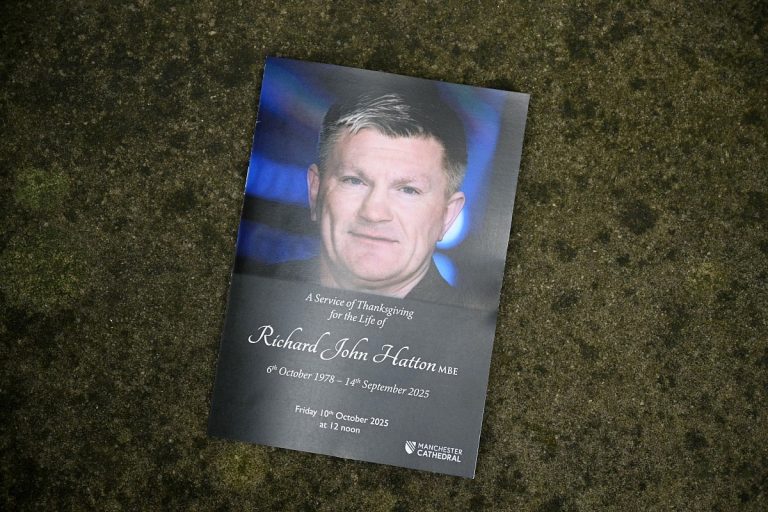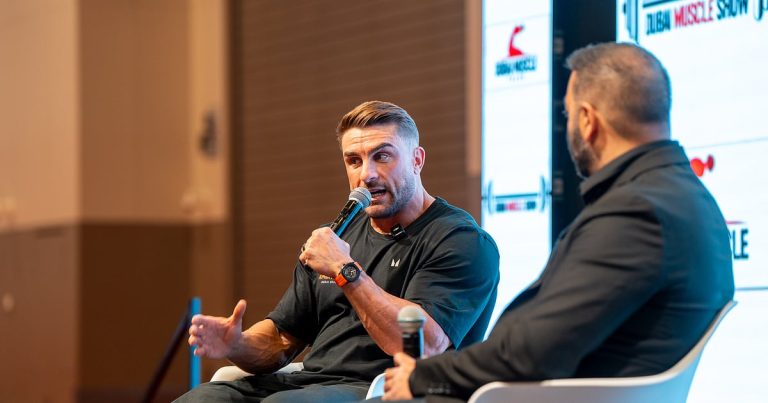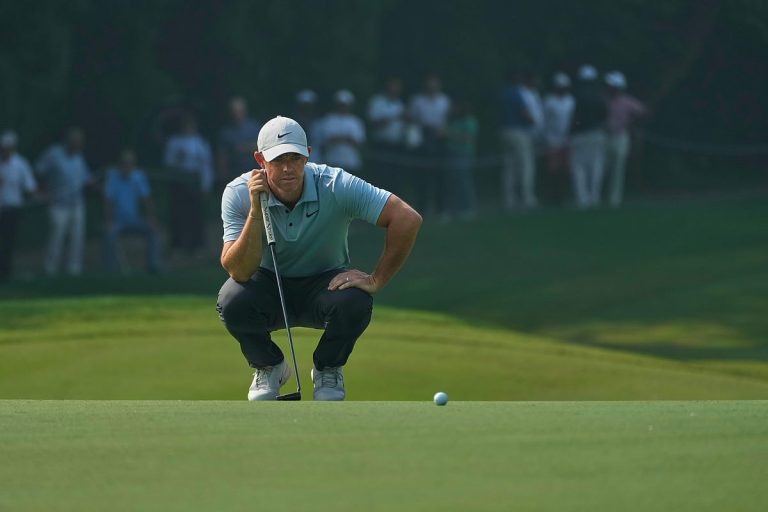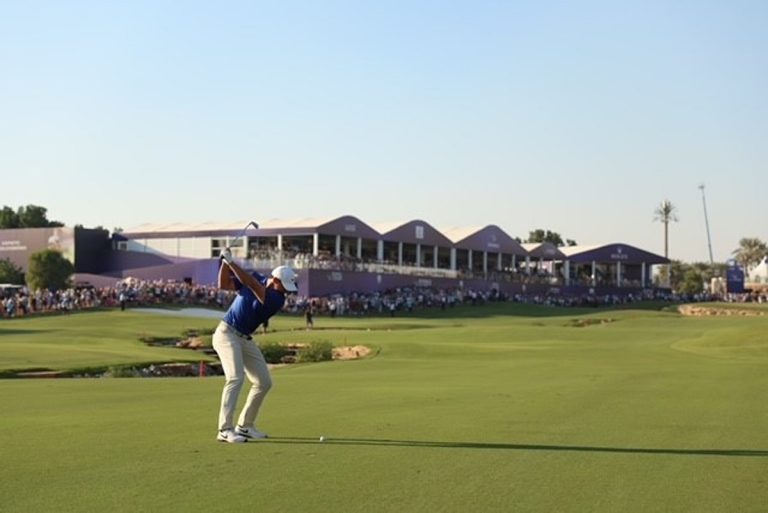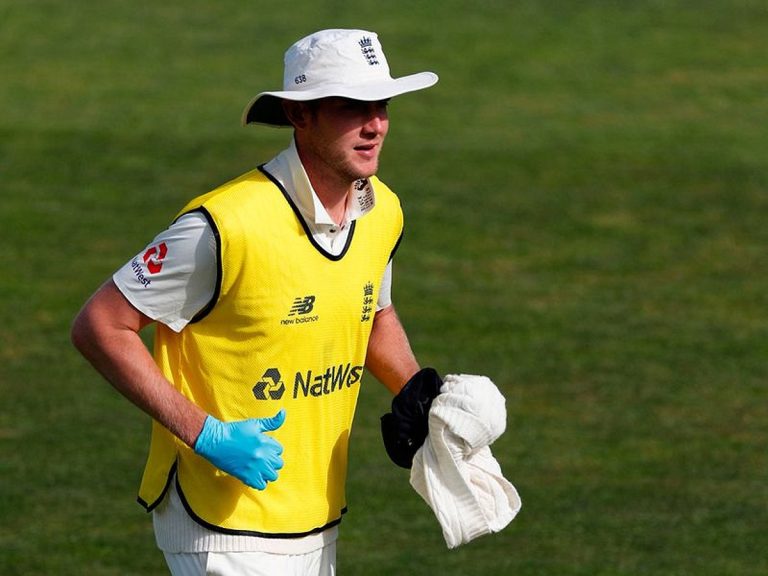Liverpool’s Recent Decline: Key Issues Analyzed
Liverpool’s recent performances have raised serious concerns among fans and analysts alike. Following a disappointing exit from the League Cup with a 3-0 defeat to Crystal Palace, the team has now suffered six losses in their last seven matches across all competitions. This alarming trend has left many questioning the underlying issues affecting the squad.
A Disjointed Pressing System
One of the most notable problems for Liverpool this season is the breakdown of their once-effective pressing system. Opponents have been able to bypass Liverpool’s pressure with ease, utilizing long passes and quick exchanges that expose the team’s lack of coordination. This disarray has led to a significant drop in confidence among players, making it difficult for them to regain their rhythm.
Defensive Transition Issues
Liverpool’s midfield has struggled to track opposing runners, leaving defenders in precarious situations. The back line appears stretched, with individual duels often resulting in losses. Last season, Liverpool was known for its defensive solidity, losing only four matches in the Premier League. However, they have already matched that total this season, raising alarms about their ability to maintain clean sheets.
Set-Piece Vulnerabilities
Another area of concern is Liverpool’s inability to defend set pieces. The team has frequently conceded goals from corners, free kicks, and long throws, often putting them at a disadvantage early in matches. This trend has made it increasingly difficult for Liverpool to recover and compete effectively.
Full-Back Challenges
The full-back positions have also become problematic. Milos Kerkez has struggled to establish himself on the left, while the right-back situation remains uncertain. Virgil van Dijk’s partnership with Kerkez has not flourished, and Conor Bradley’s form has dipped. The inconsistency of Jeremie Frimpong and the decision to deploy Dominik Szoboszlai in a defensive role have further disrupted the team’s structure.
Midfield Imbalance
Liverpool’s midfield has lost its control and rhythm due to the underperformance of key players like Alexis Mac Allister and Ryan Gravenberch. The absence of Trent Alexander-Arnold’s deep playmaking has contributed to a slow and predictable build-up, making it challenging for the team to create scoring opportunities.
Attacking Woes
In the attacking third, Mohamed Salah’s form has been a significant setback. The team’s wing play has become predictable, with both Salah and Cody Gakpo struggling to make impactful plays. Manager Arne Slot may need to rely more on Federico Chiesa and young talent Rio Ngumoha to inject creativity and energy into the attack.
Pressure from High-Profile Signings
The pressure associated with Liverpool’s record-breaking signings, such as Florian Wirtz and Alexander Isak, has added to the team’s struggles. Wirtz has found it difficult to adapt to the physicality of the Premier League, while Isak’s injury has delayed his contributions. The expectations that come with high-profile transfers can weigh heavily on players, impacting their performances.
Emotional Impact of Jota’s Passing
The emotional toll of Diogo Jota’s unexpected passing has also affected the squad. As captain Virgil van Dijk noted, Jota’s absence has left a void in the dressing room, impacting team morale and performance on the pitch. The psychological burden of such a loss cannot be underestimated, as it influences how players approach their game.
Increased Competition
This season’s Premier League has seen a rise in competition, with teams like Bournemouth and Crystal Palace proving to be formidable opponents. The traditional big six are no longer the only teams capable of challenging for points, making every match a potential hurdle for Liverpool.
The Road Ahead
With six defeats in seven matches, Liverpool’s situation is dire. Manager Arne Slot faces a critical juncture in his career as the team prepares for upcoming matches against Real Madrid and Manchester City. The next few weeks will be pivotal in determining whether Liverpool can turn their fortunes around or if they are headed for a deeper crisis.
Despite a brief victory against Eintracht Frankfurt in the Champions League, Liverpool’s defensive frailties remain a concern. The team must act quickly to reverse their current trajectory, as both momentum and morale are crucial for success.
FAQs
What are the main issues affecting Liverpool’s performance?
Liverpool is struggling with a disjointed pressing system, defensive transition problems, and vulnerabilities in set-piece situations, all contributing to their recent poor form.
How has the loss of Diogo Jota impacted the team?
Diogo Jota’s unexpected passing has left an emotional void in the squad, affecting team morale and performance on the pitch.
What can Liverpool do to improve their situation?
To improve, Liverpool needs to regain their tactical cohesion, strengthen their defensive organization, and find ways to boost player confidence, especially in key positions.
Conclusion
Liverpool’s recent struggles highlight significant issues within the team, from tactical disarray to emotional challenges. As they prepare for crucial upcoming matches, addressing these problems will be essential for turning their season around and restoring confidence among players and fans alike.
Also Read:
Key Issues Ahead of Xi-Trump Meeting in South Korea
Pakistan Cricket Faces Contract Dispute and Poor Performance


